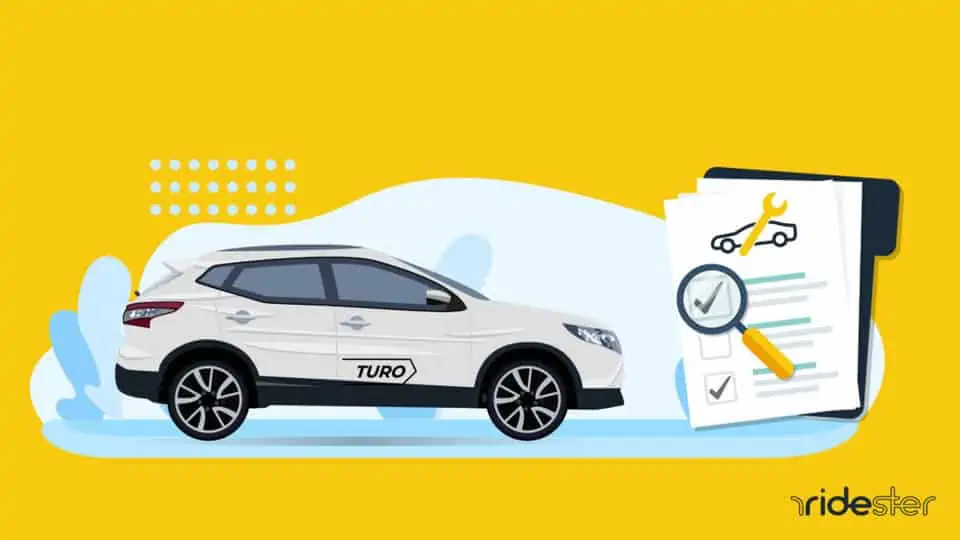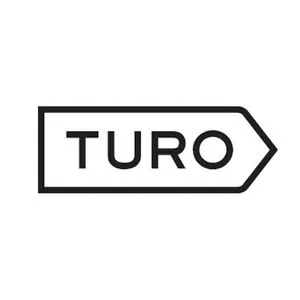Key Takeaways
- Turo Commercial Hosts are rental businesses listing vehicles on Turo with their own insurance, not Turo’s coverage.
- These hosts, distinct from regular hosts, use commercial insurance for multiple listed vehicles, offering diverse rental options.
- The term “commercial host” is user-defined, based on insurance choices and fleet size, not an official Turo category.
- Commercial Hosts gain higher earnings and more control by managing larger fleets and assuming more risks with their insurance.
What is a Commercial Host on Turo?
A Commercial Host on Turo is an independent car rental company that lists its vehicles on the Turo platform.
Unlike typical Turo hosts who are private individuals sharing personal vehicles, Commercial Hosts are professional businesses. They provide their own commercial rental insurance to renters, bypassing Turo’s coverage.
This allows renters to access a wider range of vehicles and services, often with different insurance and rental terms compared to standard Turo peer-to-peer rentals.
Understanding What “Commercial Host” Really Means
Turo doesn’t officially categorize its hosts as regular or commercial hosts. All Turo hosts follow the same platform rules for drivers, vehicles, and insurance.
Once you meet Turo’s host criteria, you can list as many cars on the platform as you have available. Turo regards you as a host, irrespective of whether you have one car or seventy listed on its platform.
The term “commercial host” seems to be how Turo hosts distinguish themselves by their protection plan and risk tolerance. These hosts decline Turo’s protection plans and use their own commercial rental insurance.
It may also refer to Turo hosts who own companies and list their company-owned vehicles on the platform.
The origins of this distinction will become more clear when we discuss Turo’s insurance plans.
Brett’s Take: Thoughts From an Expert
Hosts switching to commercial insurance can potentially save money by opting out of Turo’s insurance and pocketing a higher percentage of earnings.
However, there are concerns about the feasibility of commercial insurance for small fleets and how filing claims might affect their insurance status.
My suggestion (as I am sure other experienced hosts will also tell you) is to wait on becoming a commercial host until you have built a large, established, sustainable rental car business.
By then, you should have a very good understanding of fleet management and the risks associated with renting a large number of cars.
Turo Host Insurance Plans
Turo hosts are required to have personal insurance to list their cars on the platform.
Additionally, they should choose one of the platform’s host protection plans, namely the:
- 60 Plan
- 75 Plan
- 80 Plan
- 85 Plan
- 90 Plan
All of the above plans include up to $750,000 in third-party liability insurance from Travelers (Turo’s insurance partner). Also, the level of protection a host receives from Turo depends on the protection plan they select for their listings.
The higher the plan, the less protection a host receives from Turo. In fact, hosts that choose the 80 Plan and above don’t get any protection beyond Turo’s eligible damage costs.
They’ll also have to cover a portion of the damage costs (their deductible) before Turo steps in to reimburse the difference.
The table below provides a side-by-side comparison of all Turo’s protection plans:
| Plan | Coverage | Deductible | Host’s Take | Turo’s Take |
| 60 |
| None | 60% | 40% |
| 75 |
| $250 | 75% | 25% |
| 80 |
| $750 | 80% | 20% |
| 85 |
| $1,625 | 85% | 15% |
| 90 |
| $2,500 | 90% | 10% |
At the same time, the less protection a host receives from Turo, the more of their earnings they get to keep.
Turo users who opt for the 80 plan and above have to assume more risk and do everything themselves. If a guest damages these hosts’ cars, they’re responsible for seeking reimbursement.
Turo doesn’t explicitly state that companies can list on its platform. However, the platform allows hosts to get commercial rental insurance for their vehicles.
As clarified by Travelers in the FAQ section of this article, commercial insurance protects company-owned vehicles, not personally owned-ones.
What the above implies is that Turo hosts who don’t own companies can’t get commercial rental insurance.
In other words, by forgoing Turo’s protection plans, an individual who lists a personally-owned vehicle solely relies on their personal insurance.
This risk/reward balancing act seems to be where the made-up distinction between regular and commercial Turo hosts originates.
We covered a high-level breakdown of the plans above, but we suggest you also watch this video that also does a great job explaining the protection plans:
Benefits of Being a Turo Host Without a Protection Plan
Turo hosts who stomach a higher risk—and therefore are given the Turo commercial host moniker—do so because of the following benefits:
- High Earning Potential: As a higher plan host, you can earn thousands of dollars renting your cars to guests. Turo’s higher protection plans let you pocket a significant chunk of the proceeds from your car-sharing business.
- Lenient Vehicle Standards: The company doesn’t make renters jump through too many hoops before they can throw vehicle listings up on the app. If your vehicle is in decent condition and its mileage isn’t considerably high, it’ll likely meet Turo’s vehicle standards.
In a sense, higher-plan hosts bank on their ability to screen Turo guests. When guests treat their vehicles with care, these hosts’ gambles pay off.
How Much Can You Earn as a Higher-Protection-Plan Turo Host?
Your earning potential as a host depends on several elements, including the number of vehicles in your fleet.
Turo provides annual estimates on its website, which we’ve listed in the table below:
| Number of Cars | Average Annual Income |
| 1 | $10,516 |
| 3 | $31,547 |
| 5 | $52,579 |
| 7 | $73,611 |
| 9 | $94,642 |
Turo’s fine-print disclaimer states that the above figures relate to US-based hosts. They were calculated assuming that the hypothetical host rented their vehicle for at least seven trip days per month.
Please note that the above estimates don’t take costs like vehicle maintenance, insurance, deductibles, and more into account.
Related: How Much Can You Make on Turo?
Turo Hosting Requirements

If you’re planning to list your vehicle on Turo, you’ll need to meet the following requirements:
Host Requirements
Turo doesn’t specify any criteria its hosts must meet on its website. That said, it’s safe to presume that you’ll need to be at least 18 and either own the car or be authorized by the person who does to list it.
The platform has also set hosting standards it expects its hosts to adhere to. At a glance, they are:
- Being responsive to guests
- Accepting trips
- Avoiding cancellations
- Maintaining good ratings
- Cleaning and fueling your car regularly
According to Turo, upholding the above standards optimizes the platform for your guests and you.
Vehicle Requirements
Your vehicle must meet the following listing criteria:
- Style: Passenger vehicle
- Ownership: You must be the owner or authorized by them to list the vehicle
- Age: No more than 12 years old, except for specialty vehicles
- Mileage: Its mileage must be decent, not exceeding more than 130,000 miles
- Value: The car must have a fair market value of up to $200,000
Aside from the above requirements, which we go into more detail about in another article, Turo also has state-specific vehicle requirements.
For example, vehicles in New York must have an inspection sticker that’s valid through the entire month. Read Turo’s US Host Car Sharing Regulations to learn more.
Insurance Requirements
As previously mentioned, Turo hosts require personal insurance. You’ll need to keep copies of the following documents in your vehicle at all times:
- Personal insurance card
- Vehicle registration
- Turo insurance card
Turo also expects you to tell your guests where to find them in the vehicle.
Final Thoughts
Turo doesn’t distinguish between regular hosts and commercial ones, and neither should you. If you plan to list on the platform, the main thing to understand is how much risk your chosen protection plan exposes you to.
As long as your vehicle meets Turo’s requirements, you can list as many vehicles as possible and build the car-sharing business of your dreams.
Related: Is Turo worth it?






